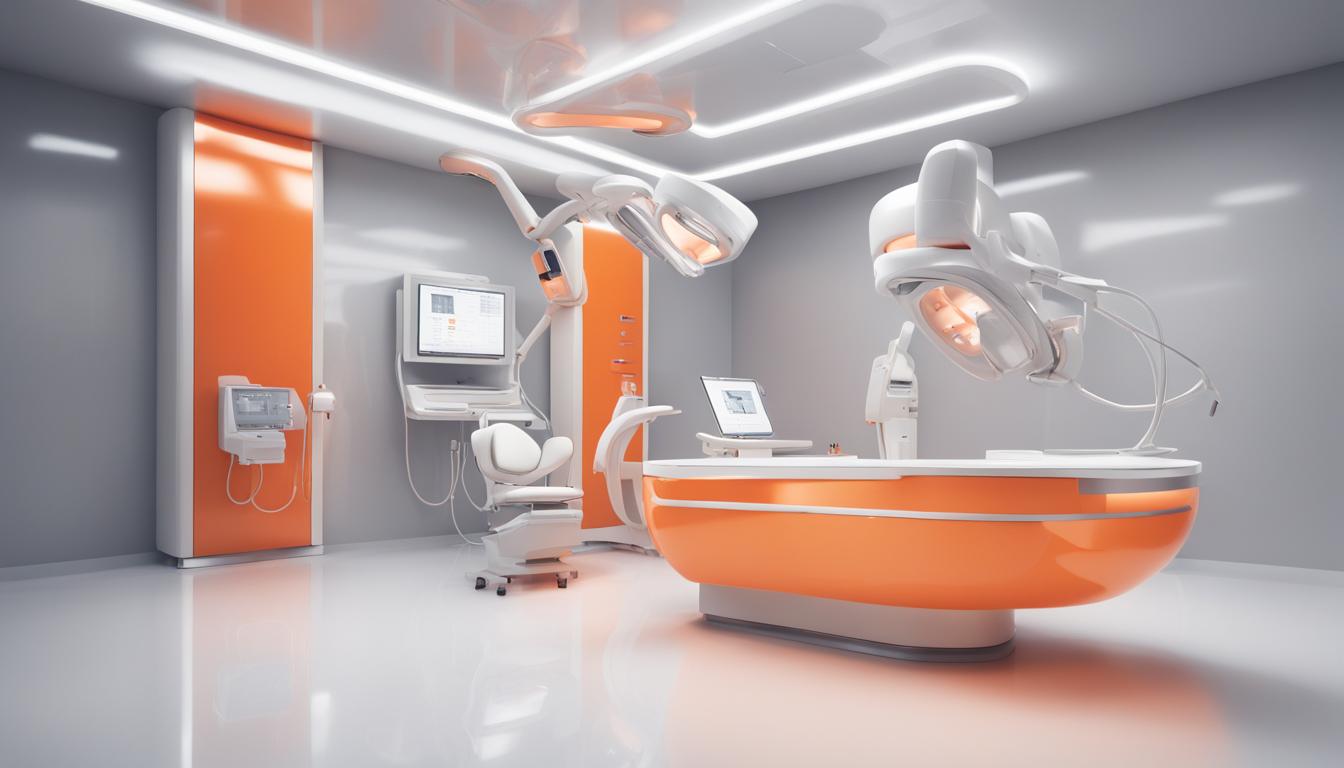The FDA has approved DIY Pap smear tests, allowing American women to perform the procedure without visiting a gynecologist. These tests, which search for human papillomavirus (HPV) — responsible for 95% of cervical cancers — can be conducted in less than 30 seconds in locations like pharmacies or 'pop-up' clinics. Currently, these tests are approved for supervised settings, but future plans include at-home testing options.
Previously, Pap smears were performed by gynecologists and involved collecting cell samples to identify potential cancerous changes. The new DIY tests utilize a Q-tip-like device to collect samples that are then handed back to healthcare professionals for analysis. HPV testing has proven to be an effective method for early detection of cervical cancer.
The National Institutes of Health (NIH) aims for 84% of American women to be screened for cervical cancer annually by 2030. In 2021, only 72% were up-to-date with screenings. This innovation seeks to increase accessibility and comfort, targeting women who might otherwise avoid or be unable to undergo traditional tests. According to the CDC, regular screenings could prevent approximately 93% of cervical cancers.
International studies support the efficacy of DIY HPV tests, showing high rates of successful self-administration. Experts, including Dr. Anita Lim of King’s College London, consider these tests a significant advancement in cervical screening. The tests are not intended to replace gynecologists but to identify those needing further examination.
HPV is common, with around 80% of women contracting it at some point, though only a small percentage develop cancer. If HPV is detected, patients undergo additional tests to identify pre-cancerous cells, which can then be treated to prevent cancer development.
For now, the DIY Pap smear tests offer a new option for women to manage their health more comfortably and conveniently, particularly benefiting those who previously faced barriers to traditional testing methods.
